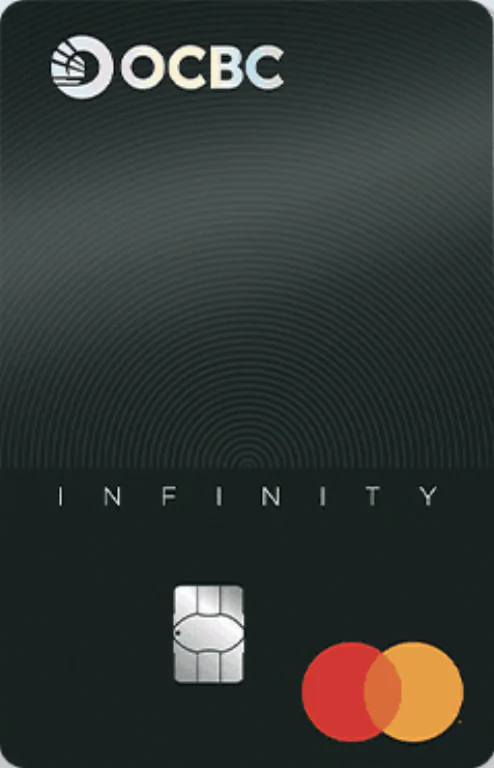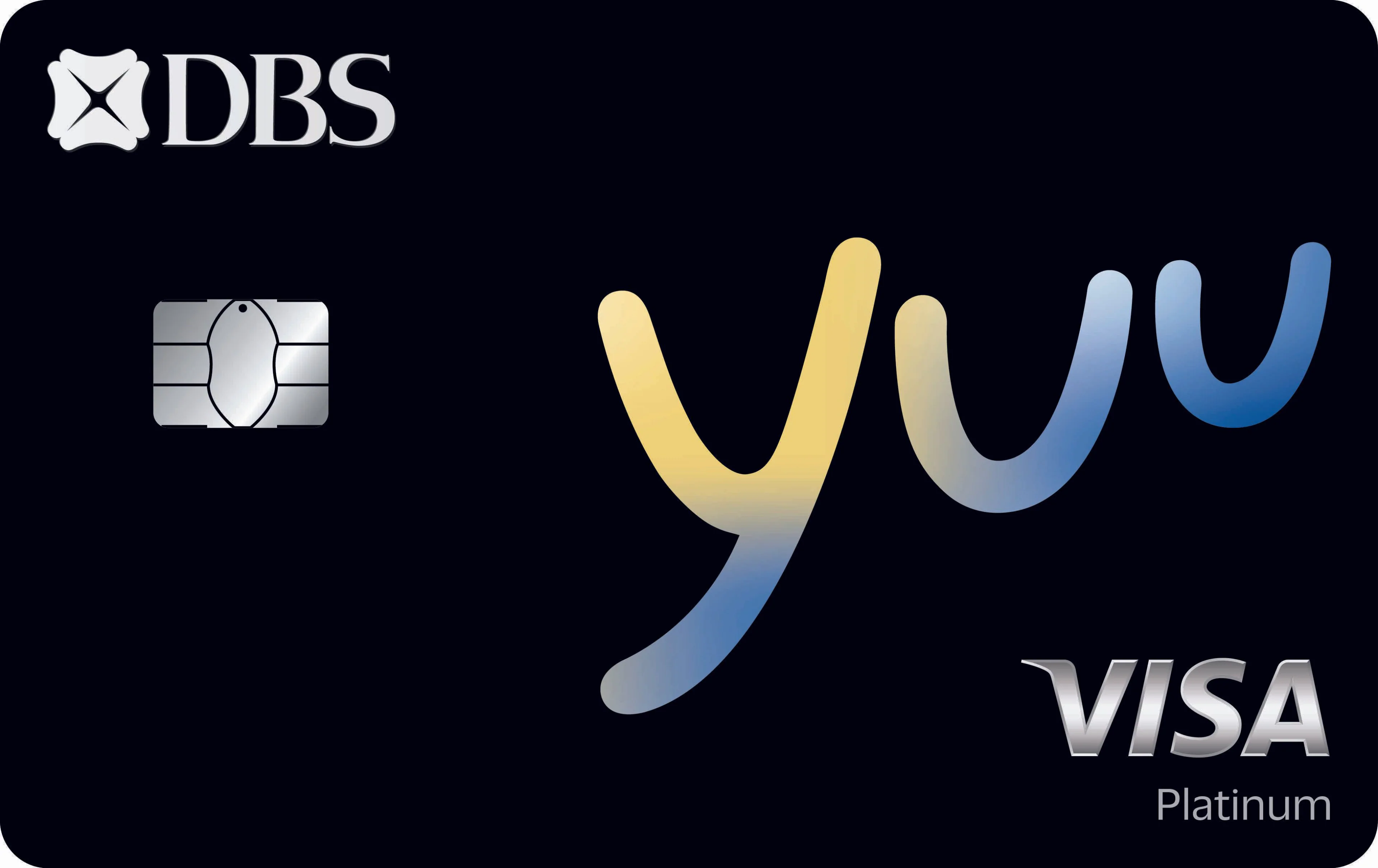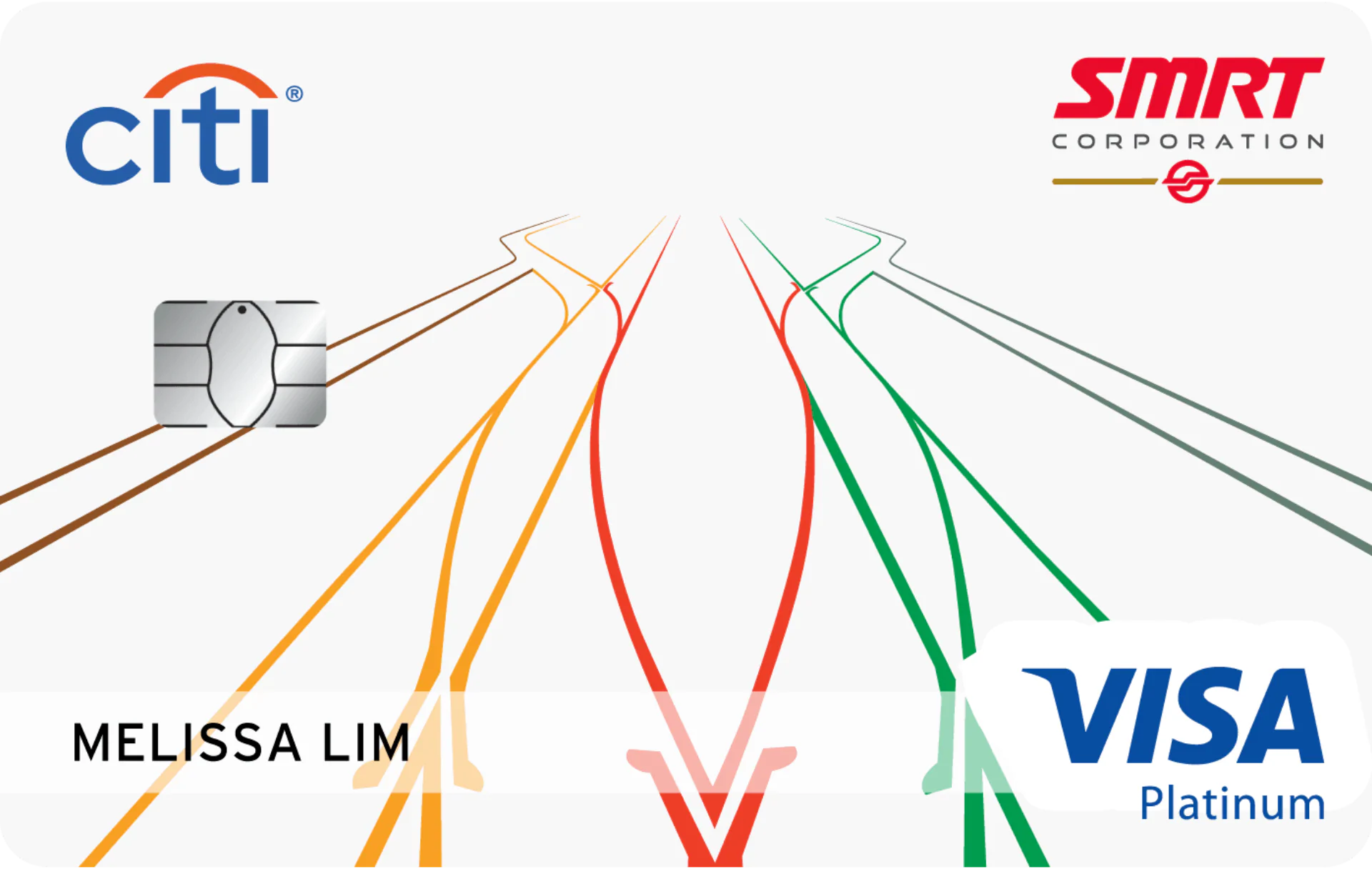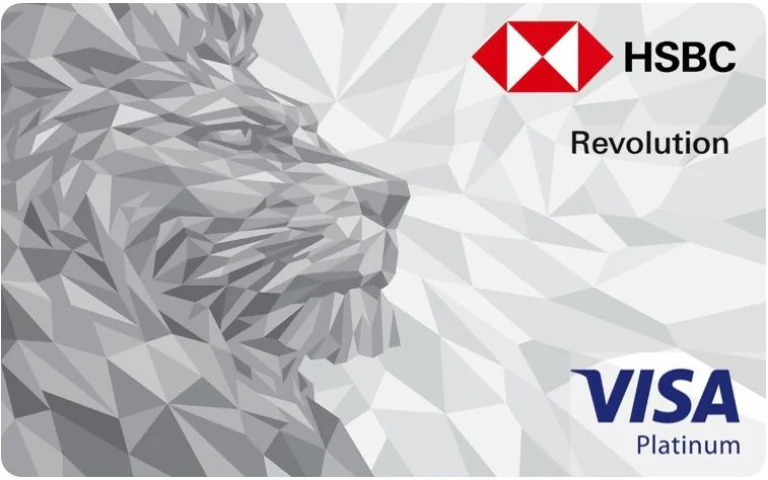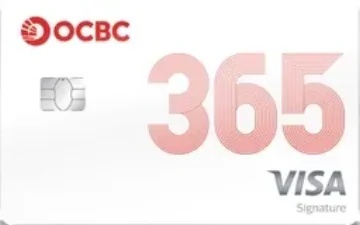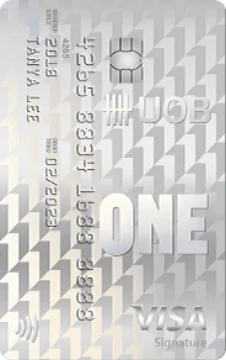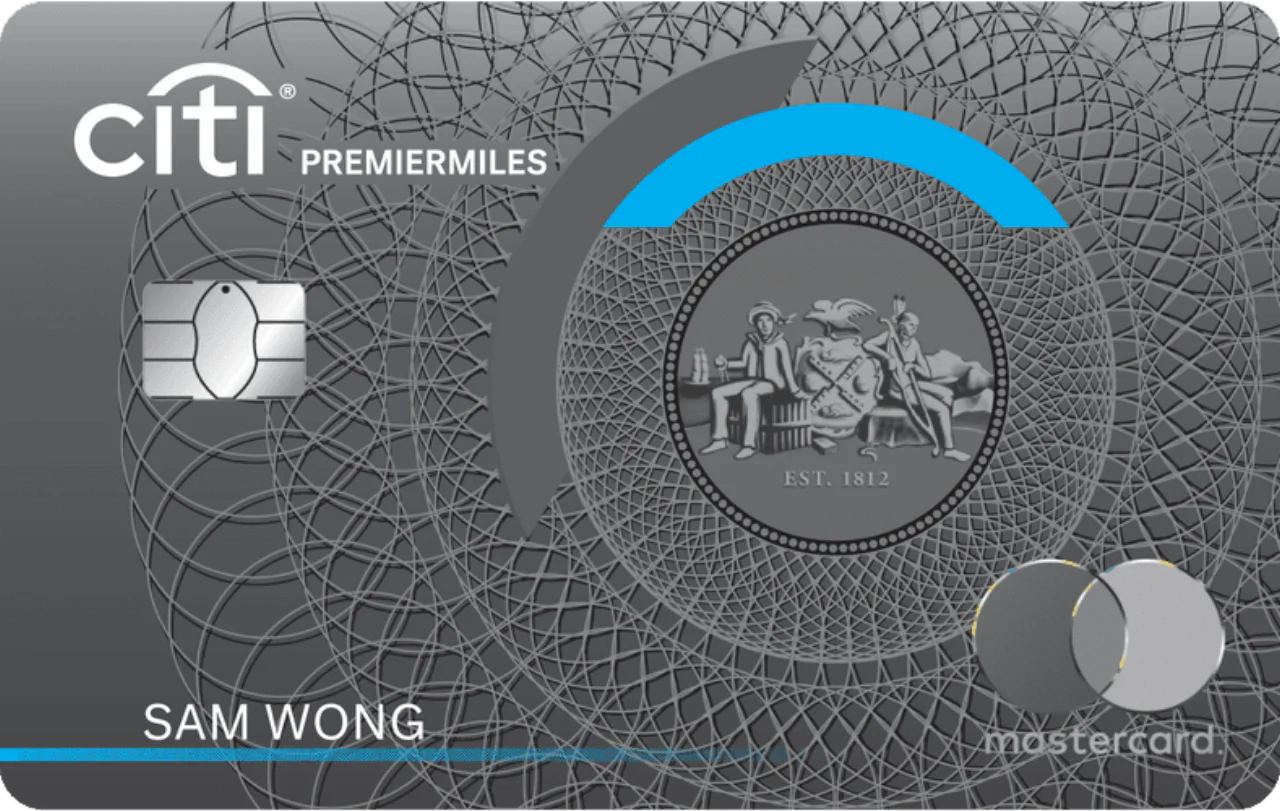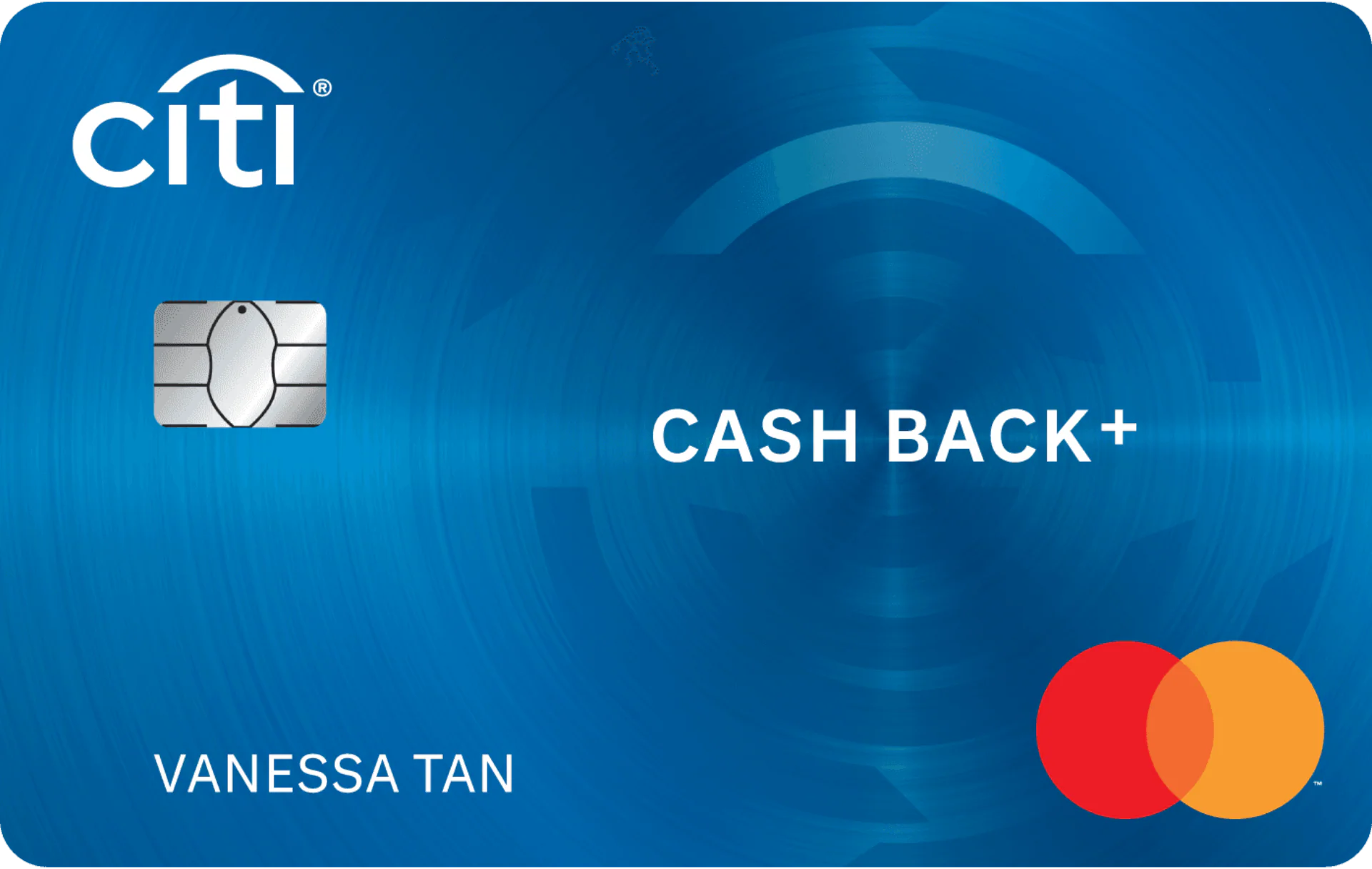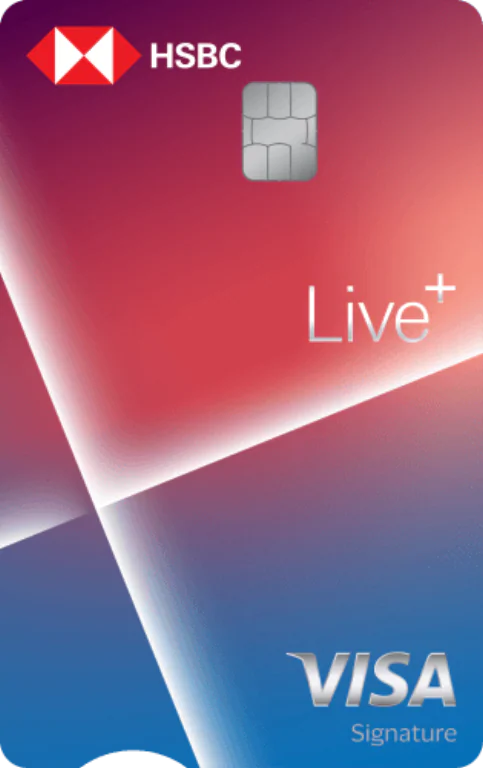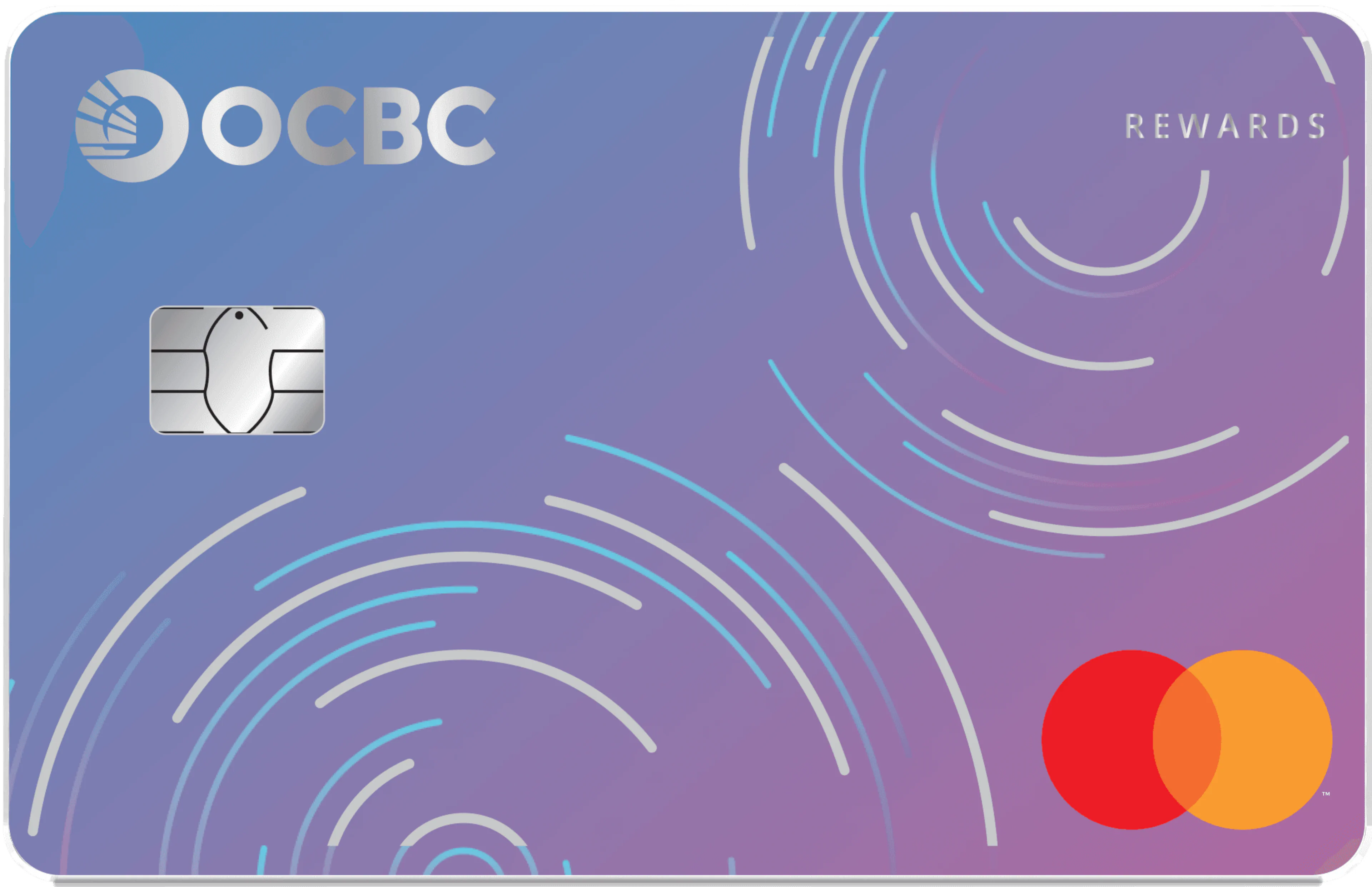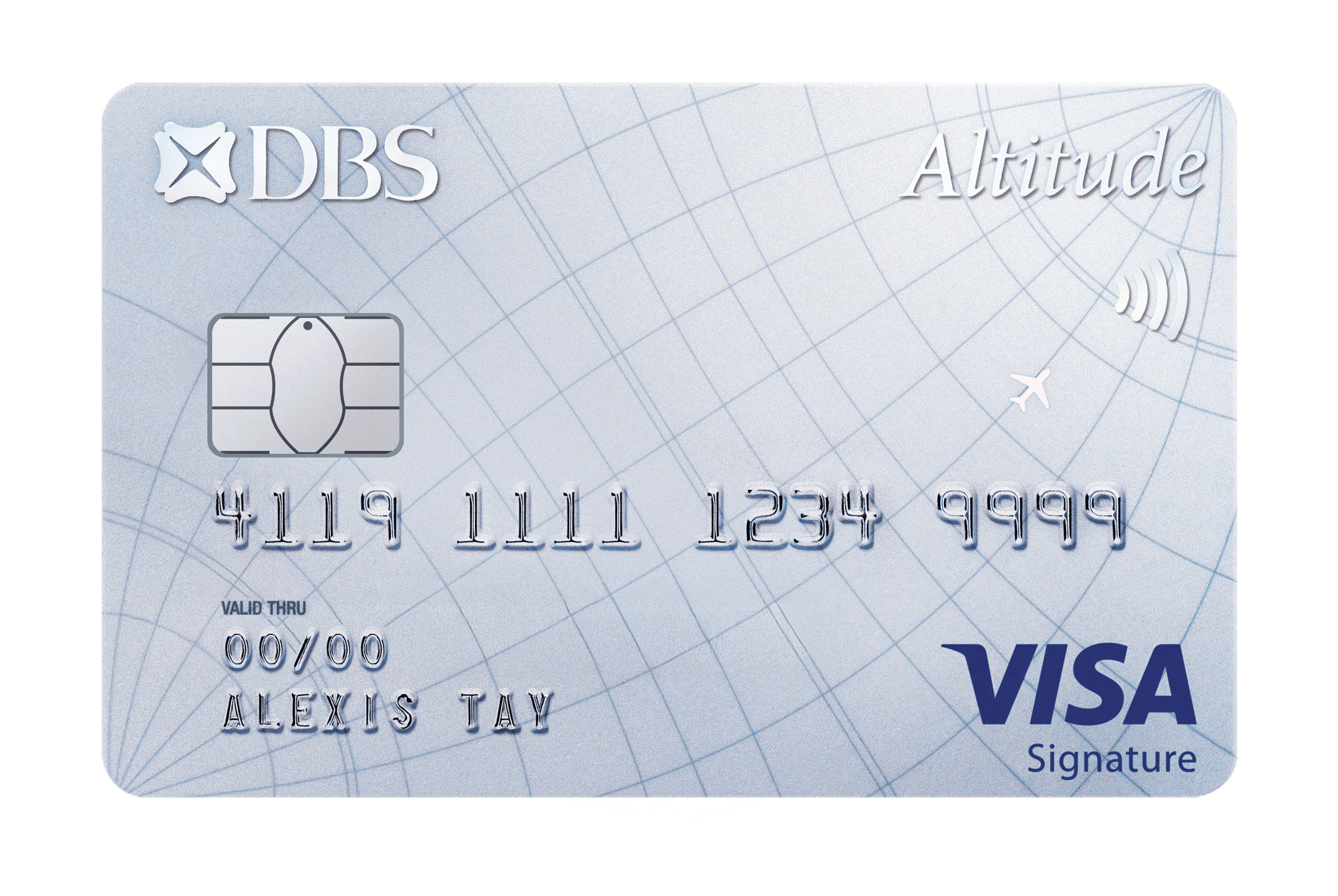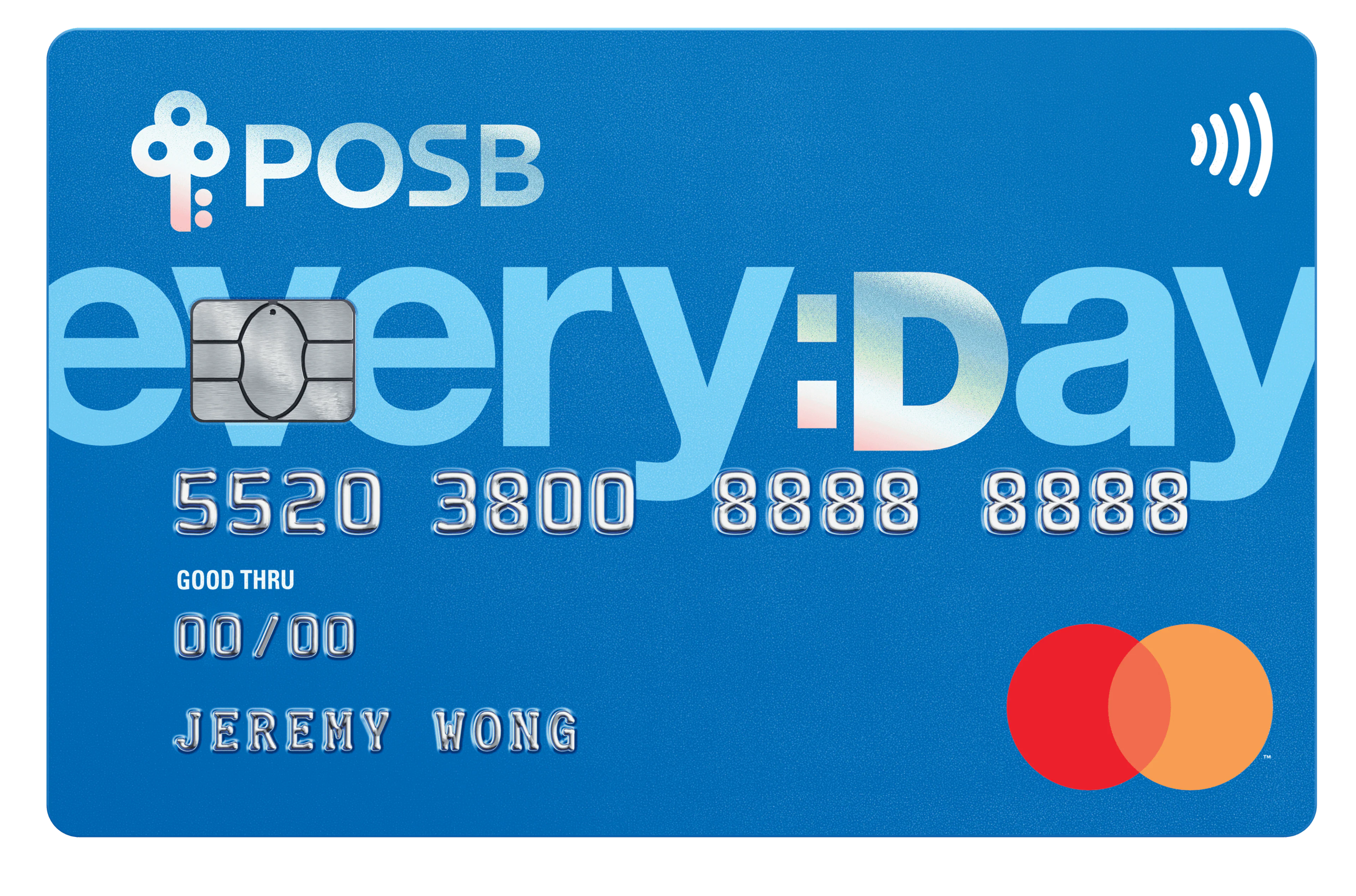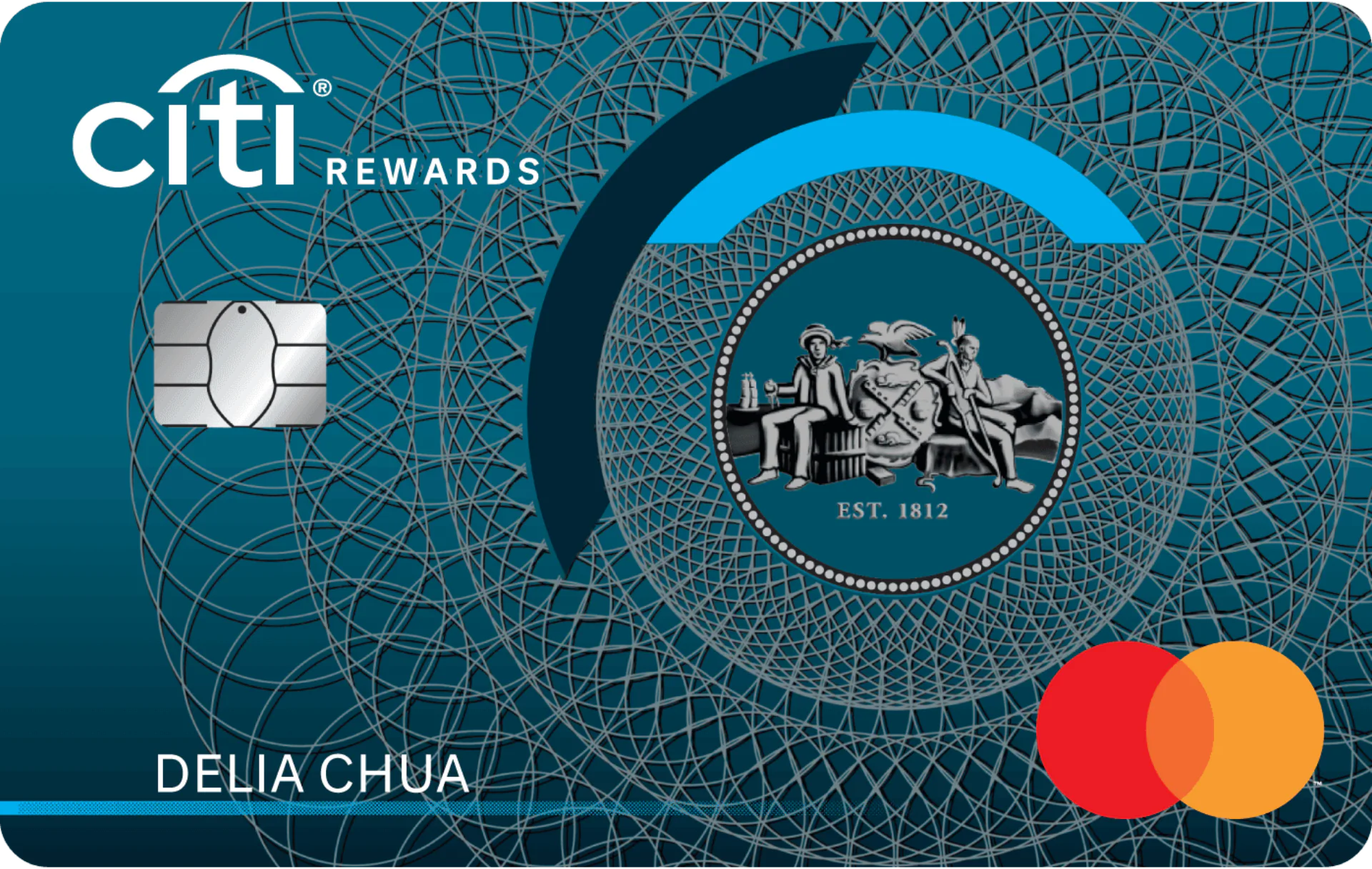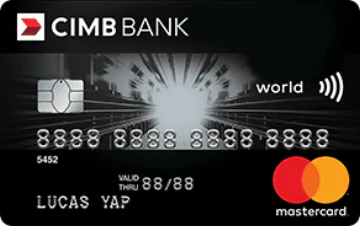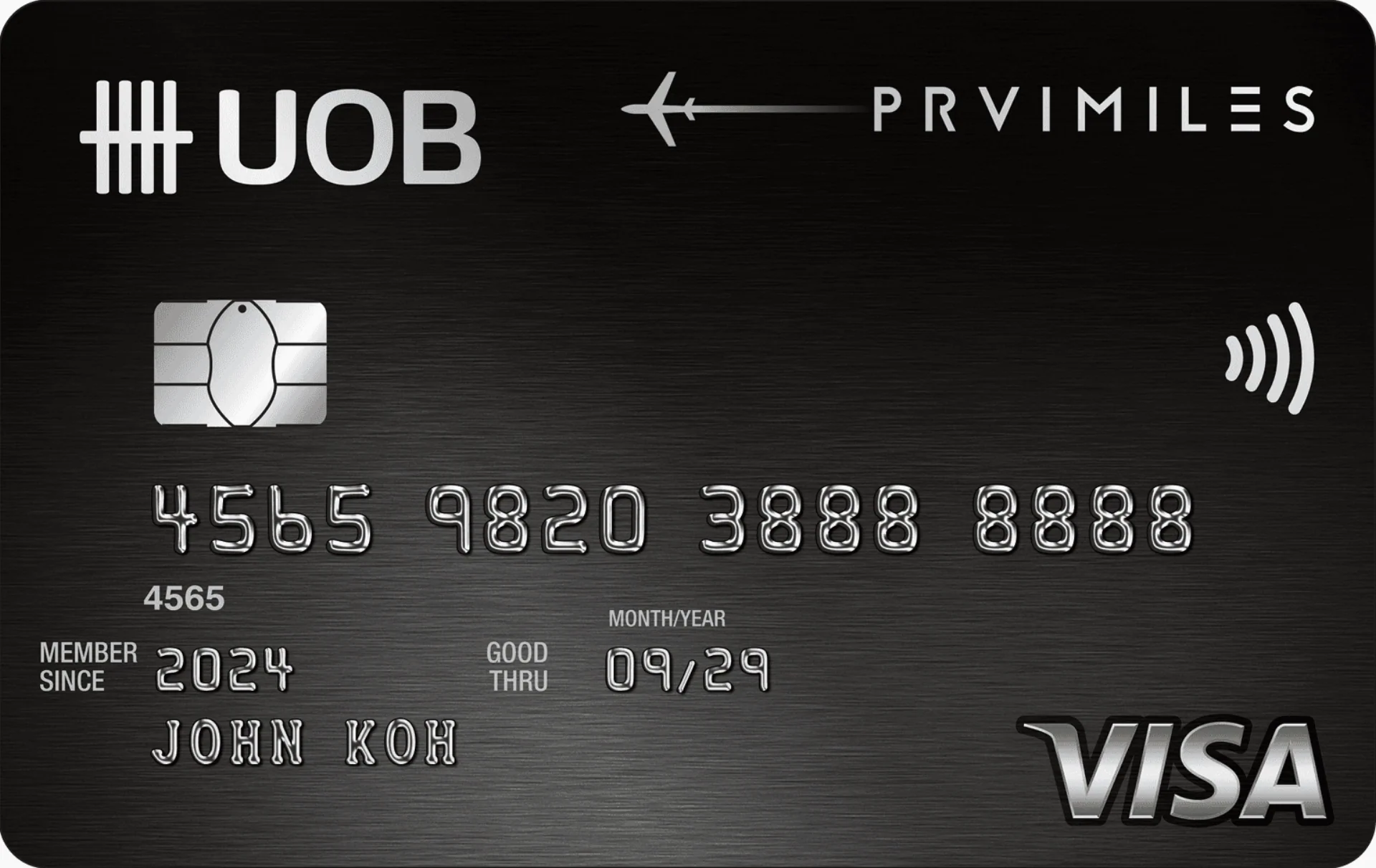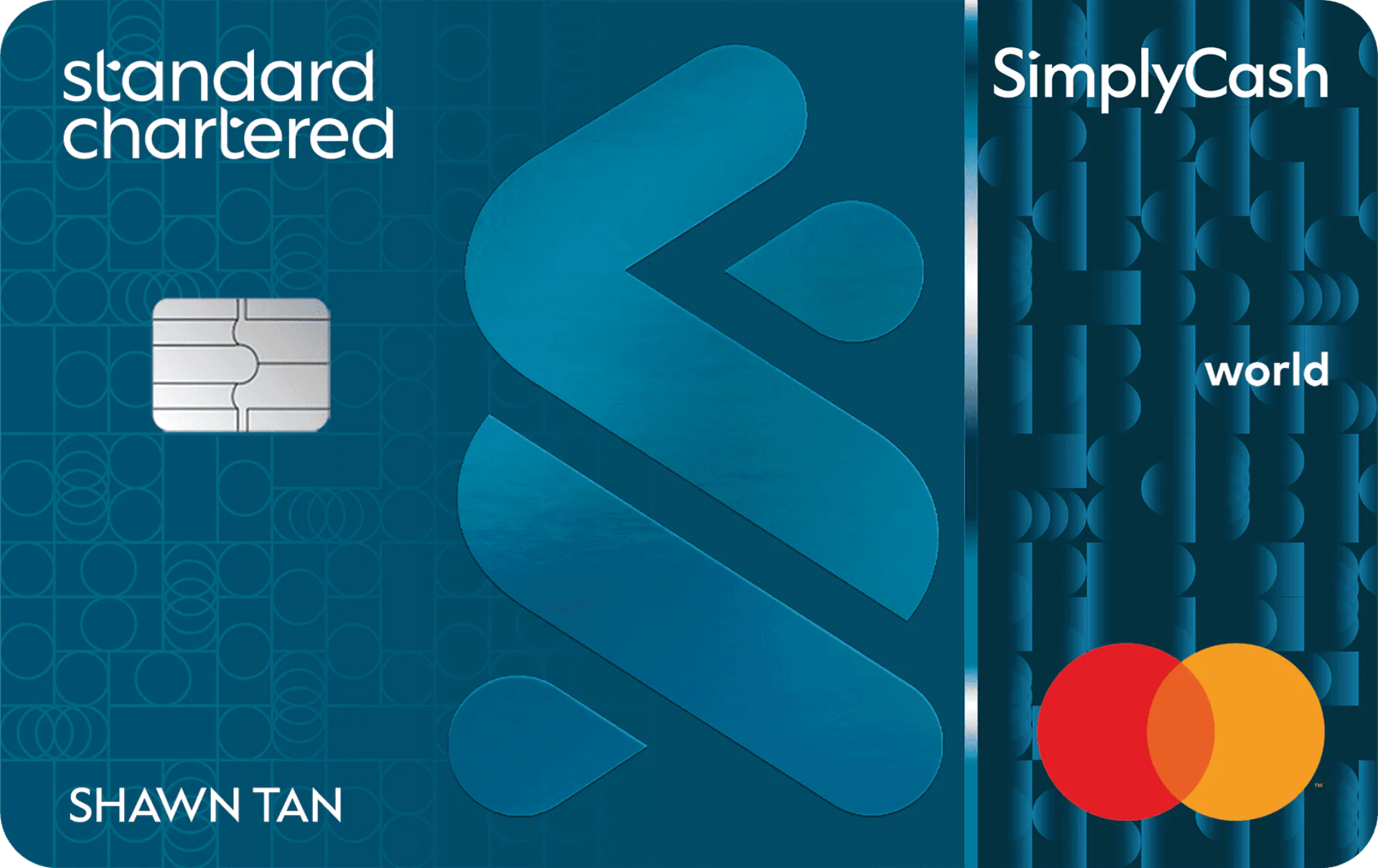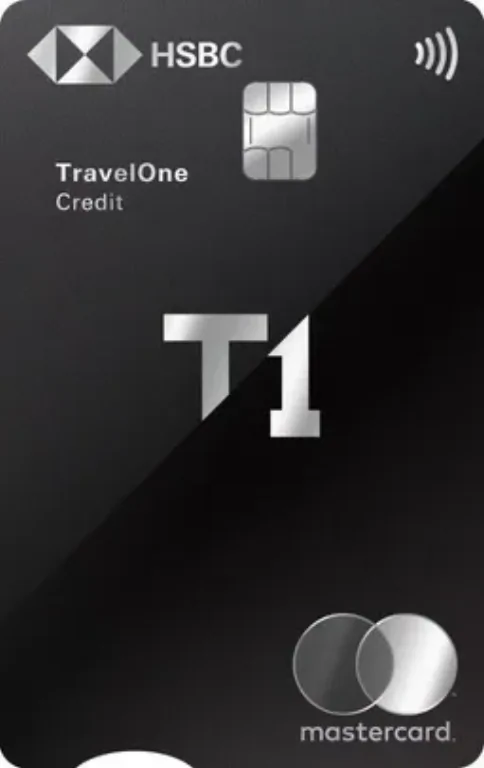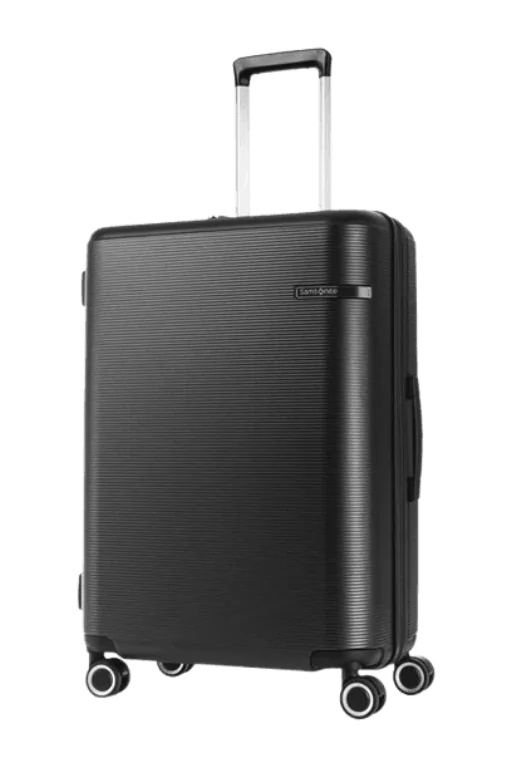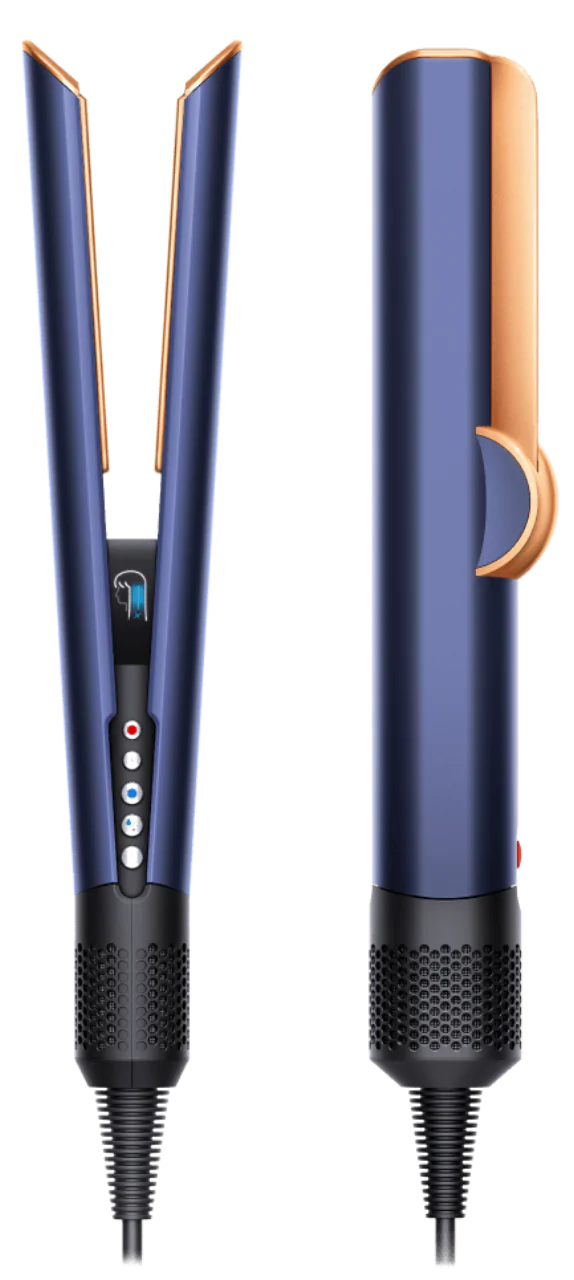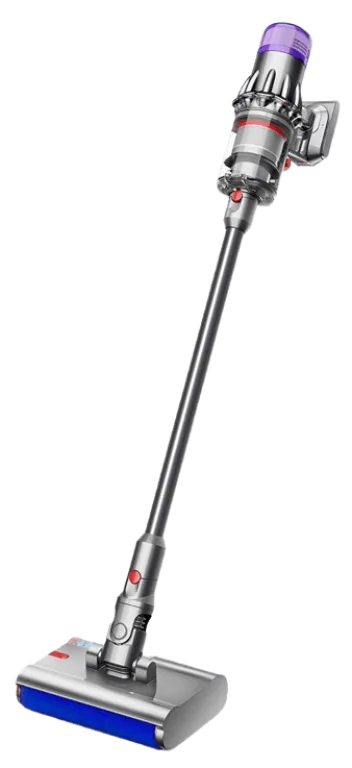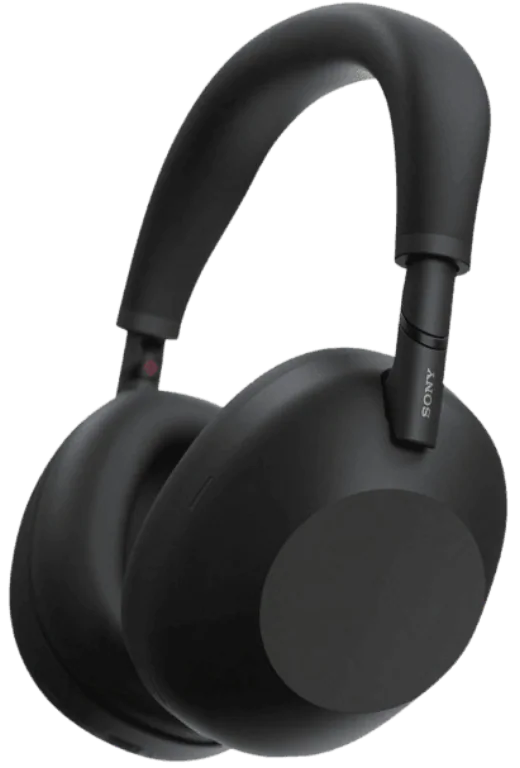Best Credit Cards in Singapore March 2026
Updated: 4 Mar 2026
Don’t miss out on these great deals:
🔑 Use Code SINGSAVER, Unlock Greater Rewards
Use promo code SINGSAVER when you apply for select DBS Credit Cards and enjoy massive rewards, including 21,000 Max Miles by HeyMax (worth S$378) and other gifts like Dyson worth up to S$799!
Apply by Mar 08, 2026 to claim your reward
Participating Products:
POSB Everyday Card
:
For families & daily spending
DBS Altitude American Express Card
:
For accumulating travel miles
DBS yuu American Express Card
:
For yuu shoppers
DBS Live Fresh Card
:
For transport & online shopping
DBS Altitude Visa Signature Card
:
For frequent flyers
DBS yuu Visa Card
:
For grocery rewards
How to Qualify?
- Apply for DBS / POSB Credit Cards with promo code SINGSAVER by 8 March 2026
- Submit the SingSaver Reward Redemption form
- Activate your card and spend a minimum of S$100 within 30 days from card approval date to be eligible for reward
- Promotion is valid for new DBS / POSB credit cardmembers only
- Terms and Conditions apply.
Apply by Mar 08, 2026 to claim your reward
- 1.6% unlimited cashback on all eligible spending with no min. spend and no cap
- Cashback automatically credited to cardholder's OCBC INFINITY Account
- 1 year annual fee waiver
- Read our review of the OCBC INFINITY Cashback Card.
- No rebate cap
- No monthly spend required
- Annual fee waiver
DBS yuu Visa Card
Promo Code:
SINGSAVER
- Up to 36X yuu Points (equivalent to 18% cashback) on yuu participating merchants.
- 1X yuu Point on all other spend.
- S$1 spend = 1 yuu Point. No limit. No cap.
- Supermarket rebate
- Dining rebate
- Transport rebate
- Customers need to download the new rewards app as yuu Points awarded can only be tracked on yuu Rewards app.
- Redemptions of yuu Points capped at 15,600 points (S$78) per calendar month.
- Rebate cap applied
- Monthly spend required
Citi SMRT Card
- 5% savings on online purchases.
- 5% savings at all supermarkets & grocery stores.
- 5% savings on taxi & public transport rides.
- Public transportation
- Grab/taxi rebate
- Online shopping rebate
- Minimum monthly spend of S$500 required to get higher cashback rates.
- Monthly spend required
- Borrow up to 90% of your available credit limit, enjoy interest rates as low as 2.6% p.a., and get flexible payment terms up to 60 months when you apply with promo code CIPSS. T&Cs apply.
- 10X Points (equivalent to 4 mpd) on online and contactless spending, capped at 13,500 bonus points per month. Valid till 31 March 2026.
- 1X reward point for all other spending.
- No minimum spend required.
- No annual fee.
- Receive complimentary access to ENTERTAINER with HSBC app, with over 1,000 1-for-1 deals on dining, lifestyle and travel worldwide.
- Eligible categories: Online payment; shopping; groceries; dining; food delivery; ride-hailing apps.
- Up to 16% and 14% off petrol at Caltex and Shell respectively.
- Instant reward redemption for airline miles and hotel points, refer to www.hsbc.com.sg/rewards for details.
- Up to S$300,000 complimentary travel insurance for cardholder and family when travel tickets are charged to card.
- Compatible with Apple Pay, Google Pay, and Visa PayWave.
- Can convert between cashback, miles, or reward points flexibly.
- Great for individuals who prefer flexibility to redeem Reward points to categories such as miles, cashback & more
- Read our review of the HSBC Revolution Credit Card.
- Online shopping rebate
- Travel rebate
- No Annual Fee
- Operates on a whitelist basis. Only selected MCCs shown in the T&Cs qualify for bonus points.
- Cap of 13,500 bonus reward points per calendar month on eligible purchases (valid till 31 Oct 2025). Original cap at 9,000 reward points.
- 1X reward point earned on public transport (via SimplyGo) only.
- HSBC reward points expire after 37 months.
- High base minimum annual income requirement of S$65,000 (w.e.f. 1 October 2025) Learn more.
- 6% cashback on fuel spend at all other petrol stations.
- 5% cash rebate on dining spends all day, everyday (includes local/overseas dining and online food delivery).
- 3% cashback on drugstore purchases, streaming service subscriptions and EV charging expenses.
- 3% cashback on groceries at supermarkets (both local and overseas) and online groceries.
- 3% cashback on private hire (Grab/Gojek) and taxi rides (both local and overseas).
- 3% cashback on recurring telco and electricity bills.
- S$160 monthly cashback cap (up from S$80).
- Up to 22.92% fuel savings at Caltex (incl. 18% instant discount for all fuel) and 6% cashback on fuel spend at all other petrol stations.
- 2-year annual fee waiver.
- Earn up to 4.65% p.a. interest on first S$100,000 of OCBC 365 Account balance.
- Great for homemakers, working adults, cashback lovers, enjoy flexibility over min. spend (S$800 or S$1,600), drive frequently
- Read our full review of the OCBC 365 Credit Card .
- Petrol rebate
- Dining rebate
- High min. spend of either S$800 or S$1,600 per calendar month
- Min. annual spend of S$10,000 from date of issue to qualify for automatic annual fee waiver.
- S$80 monthly cashback cap with minium spend of $800.
- S$160 monthly cashback cap with mininum spend of $1,600.
- Operates on a whitelist basis. Only selected MCCs shown in the T&Cs qualify for bonus cashback.
- Interest on outstanding balance increased from 26.88% p.a. to 27.78% p.a.
- Monthly spend required
- Up to 10% cashback on daily spend at McDonald's, Grab, SimplyGo (bus/train rides) and Shopee.
- Up to 8% cashback on all grocery spend.
- Up to 4.33% on SP utilities bill.
- Up to 3.33% cashback on all retail spend.
- Petrol savings of up to 22.66% at Shell and SPC.
- Greater savings with up to 5.3% p.a. interest with UOB One Account+.
- Supermarket rebate
- Grab/taxi rebate
- Spend at least $600 monthly based on your qualifying quarter to enjoy up to 10% cashback.
- Awarding of cash rebate only comes every quarter.
- Qualifying monthly spend for cash rebate has to be spread out across min. 10 different purchases.
- Terms and conditions apply for all above-mentioned privileges. Visit here for more details. Insured up to S$100,000 by SDIC.
- Monthly spend required
- Rebate cap applied
- 1.2 miles per S$1 spent locally.
- 2.2 miles per S$1 spent in foreign currency.
- Citi Miles never expire. Can be exchanged for a variety of frequent flyer miles, hotel stays, rewards and cash rebates.
- Use Citi PayAll to earn Citi Miles, Citi ThankYou PointsSM or Cash Back when you pay your bills with your Citi Credit Card.
- Earn miles on rent, condo management fees, school fees, taxes and bills via Citi PayAll.
- 2 free airport lounge visits per year to participating Priority Pass lounges worldwide.
- Up to S$1 million travel insurance coverage when you charge your travel tickets to this card. There will be a revision made to the Citi Credit Cards complimentary travel insurance. The Travel Insurance coverage in respect of a Trip charged to Citi PremierMiles Card will be updated to end on 31 March 2026. For more information, please click here.
- 11 different airline and hotel transfer partners.
- Generous sign-up bonus with relatively low minimum spend.
- Read our full review of the Citi PremierMiles Card.
- No expiry air miles
- Airport lounge
- Travel rebate
- Gift: Apple product
- Admin fee of S$25 (excluding GST) for each conversion of Citi Miles to frequent flyer miles.
- Service fee applies to Citi PayAll facility.
- 1.6% cashback on all eligible spending with no minimum spend and no cap.
- Cashback earned does not expire.
- Redeem cashback instantly via SMS. Terms and Conditions here.
- Up to S$1 million travel insurance coverage when you charge your travel tickets to this card. There will be a revision made to the Citi Credit Cards complimentary travel insurance. The Travel Insurance coverage in respect of a Trip charged to Citi Cash Back+ Card will be updated to end on 31 March 2026. For more information, please click here.
- With Citi PayAll you can earn Citi Miles, Citi ThankYou PointsSM or Cash Back when you pay your bills with your Citi Credit Card.
- Up to 17% discount at Caltex, Esso and Shell petrol stations.
- With Citi PayLite® Bundle Program, you can pay off your retail purchases in 3-month instalment payments at no processing fees. Terms and Conditions apply.
- No rebate cap
- No monthly spend required
- Annual Fee waiver
- High-value gift
- Borrow up to 90% of your available credit limit, enjoy interest rates as low as 2.6% p.a., and get flexible payment terms up to 60 months when you apply with promo code CIPSS. T&Cs apply.
- 8% cashback* on dining, entertainment, and shopping spend (both local and overseas).
- 5% cashback* on fuel spending at Caltex and Shell stations in Singapore.
- 0.3% cashback* on all other qualifying spend.
- First year annual fee waived.
- Dining rebate
- Entertainment rebate
- Petrol rebate
- Min. spending of S$600 per calendar month, for all 3 months in a calendar quarter, required to earn 8% cash rebate.
- Cashback* capped at S$250 per calendar quarter.
- Cash rebates* are credited quarterly instead of monthly.
- *Min. spend and other terms & conditions apply. Valid till 31 Dec 2024.
- High base minimum annual income requirement of S$65,000 (w.e.f. 1 October 2025) Learn more.
- Rebate cap applied
- Earn 15 OCBC$ (equivalent to 6 miles) per S$1 spent at Watsons and online shopping platforms (Lazada, Shopee, Taobao and TikTok Shop).
- Earn 1X OCBC$ (or 0.4 miles) on all other spends, including public transport rides.
- Enjoy complimentary e-commerce protection on all your online purchases made with this card.
- Get fast approval and use your digital card instantly when you apply via MyInfo.
- Read our full review of the OCBC Rewards Card.
- Retail rebate
- Online shopping rebate
- Gift: Apple product
- No monthly spend required
- 15 OCBC$ per S$1 earn rate is capped at 10,000 bonus OCBC$ cap per month.
- OCBC$ awarded in blocks of S$5 charged per transaction.
DBS Altitude Visa Signature Card
Promo Code:
SINGSAVER
- Up to 1.3 miles per S$1 spent locally, including bus and train rides.
- Up to 2.2 miles per S$1 spent on overseas purchases in foreign currency.
- Receive 10,000 bonus miles when you pay the annual fee of S$196.20
- 2 free lounge visits within each 12-month period of your membership to over 1,500 airport lounges worldwide.
- Read our full review of the DBS Altitude Card.
- Bonus air miles
- Airport lounge
- No expiry air miles
- Unlimited air miles
- Miles are awarded in the form of DBS points which are awarded for every S$5 spent.
- Each conversion of DBS points to miles will be subjected to an administrative fee of S$25 (exclusive of GST).
- Up to 10% cash rebates on food delivery via foodpanda, GrabFood and Deliveroo.
- Up to 10% cash rebates on in-store spend in Malaysian Ringgit (MYR).
- Up to 10% cash rebates on SimplyGo.
- Up to 5% cash rebates on Amazon.sg, Lazada, Shopee, RedMart, Taobao and TikTok Shop.
- Up to 5% cash rebates at Popular bookstores (in-person and online)
- 5% cash rebates at Sheng Siong supermarkets.
- 6% cash rebates at SPC.
- 3% cash rebates at Pet Lovers Centre.
- 0.3% cash rebates on all other eligible spend.
- Cash rebates (in Daily$) never expire.
- Read our full review of the POSB Everyday Card.
- Food delivery
- Online shopping rebate
- Min. spend of S$800 per calendar month required for accelerated cash rebate earn rate.
- S$20 monthly cash rebate cap for dining, Sheng Shiong, Popular, online shopping, SimplyGo, and MYR categories respectively.
- Rebate cap applied
- Monthly spend required
- 10X rewards points for all online purchases except mobile wallet and travel-related transactions.
- 10X rewards points for in-store shopping purchases at department stores, clothing stores and more.
- 1X rewards points on all other purchases.
- Pair with amaze card to turn offline transactions into online transactions.
- No cap on base rewards points.
- Rewards points conversion rate: 440 Points = S$1
- Rewards points are rounded down to the nearest 10 points on all purchases.
- Use Citi PayAll to earn ThankYou PointSM when you pay your bills with your Citi Rewards Card.
- Up to S$1 million travel insurance coverage when you charge your travel tickets to this card. There will be a revision made to the Citi Credit Cards complimentary travel insurance. The Travel Insurance coverage in respect of a Trip charged to Citi Rewards Card will be updated to end on 31 March 2026. For more information, please click here.
- Read our full review of the Citi Rewards Card
- Bonus air miles
- Travel insurance
- Annual Fee waiver
- High-value gift
- Bonus rewards points capped at 9,000 points per statement month.
- Can no longer convert Citi ThankYou Points into miles (as of February 2026).
- Unlimited 2% cashback on dining, movies & digital entertainment, taxi, ride-hailing, automobile, and luxury goods.
- Unlimited 1% on all other eligible spend with no minimum spend.
- Enjoy 50% off green fees at 25 golf courses.
- Access to over 1,000 LoungeKey airport lounges globally.
- Can be used for bus and train rides with SimplyGo.
- No annual fees for life + up to 4 supplementary cards with no annual fees.
- No rebate cap
- Food delivery
- Annual Fee waiver
- Only Singapore citizens and Permanent Residents may apply.
- Minimum annual income requirement: S$30,000.
- Minimum spend of S$1,000 required for 2% cashback earn rate.
- Minimum spend of S$500 required for 1% cashback earn rate.
- Monthly spend required
- Earn 3 miles per S$1 spend (UNI$7.5 per S$5 spend) on regional spend in Indonesia, Malaysia, Thailand, Vietnam, including online shopping on overseas website.
- Earn 2.4 miles per S$1 spend (UNI$6 per S$5 spend) on other overseas spend, including online shopping on overseas websites.
- Earn 1.4 miles per S$1 spend (UNI$3.5 per S$5 spend) on local spend.
- 4 complimentary lounge visits per calendar year for principal cardmembers.
- Earn up to 8 miles per S$1 spend (UNI$20 per S$5 spend) on agoda and Expedia bookings via UOB PRVI Miles website.
- Earn up to 6 bonus KrisFlyer miles for every S$1 spend if you also apply for a new KrisFlyer UOB Account.
- Complimentary personal accident coverage and emergency medical assistance of up to S$500,000.
- Choice to redeem for miles, cashback, or vouchers.
- No minimum spend and no cap on earned miles
- Bonus air miles
- Unlimited air miles
- Travel insurance
- No monthly spend required
- Annual fee of S$261.60
- Terms and conditions apply for all above-mentioned privileges. Visit here for more details. Insured up to S$100,000 by SDIC.
- 1.5% unlimited cashback rate with no min. spend.
- Enjoy offers and privileges for online, dining, retail and more with The Good Life®.
- First year annual fee waiver.
- 1.5% unlimited cashback
- No rebate cap
- No monthly spend required
- First year annual Fee waiver
- Cannot be used for EZ-Reload.
- Borrow up to 90% of your available credit limit, enjoy interest rates as low as 2.6% p.a., and get flexible payment terms up to 60 months when you apply with promo code CIPSS. T&Cs apply.
- Instant reward redemption with an extensive selection of airline and hotel partners via HSBC Singapore mobile app.
- Accelerated earn rate: up to 2.4 miles for your spending.
- No conversion fee for air miles or hotel points until 31 January 2025.
- Complimentary travel insurance coverage (including COVID-19) and 4x complimentary airport lounge visits for primary cardholders and guests of primary cardholders.
- Receive complimentary access to ENTERTAINER with HSBC app, with over 1,000 1-for-1 deals on dining, lifestyle and travel worldwide.
- Split your purchases across a range of flexible tenures with HSBC Instalment Plans.
- Unlimited air miles
- Airport lounge
- Travel insurance
- Bonus air miles
- High base minimum annual income requirement of S$65,000 (w.e.f. 1 October 2025) Learn more.
How credit cards work in Singapore
Here's a breakdown of the typical credit card transaction process:
1. Card Usage
You use your credit card to make purchases at merchants.
2. Authorisation
The merchant requests authorisation from your credit card issuer.
3. Payment Processing
The issuer pays the merchant, and the transaction is recorded.
4. Repayment
You receive a statement and repay the amount due, either in full or in instalments.
Understanding credit card rewards
Credit card rewards come in various forms, offering different ways to earn and redeem benefits based on your spending habits.
Cash back
Earn a percentage of your spending back as cash, typically redeemable as a statement credit or direct deposit.
Points or miles
Accumulate points or miles redeemable for travel, gifts, or other rewards, offering flexibility for various redemption options.
Flat rate
Earn the same rewards rate on all purchases, providing a consistent return on every dollar spent.
Bonus rewards
Earn higher rewards rates in specific spending categories, allowing you to maximise earnings by strategically using your card.
>> READ MORE: Cashback or rewards credit cards: Which is better?
Types of credit cards in Singapore
Singapore's credit card market offers a variety of cards designed to meet diverse needs. If you're a frequent spender who pays off your balance regularly, rewards cards with cashback or miles can be beneficial. For those who occasionally carry a balance, interest-saving cards with low APRs can help manage costs. And if you're new to credit or rebuilding your credit history, credit-building cards provide a starting point. Each type of credit card caters to specific financial situations, so understanding your needs is crucial in making the right choice.
Rewards credit cards
These cards reward you for your spending, offering cashback, miles, or points that can be redeemed for various benefits. If you're a frequent spender who pays off your balance in full and on time each month, rewards cards can provide significant value. Explore different types of rewards credit cards based on your preferences:
-
Cashback cards: Earn a percentage of your spending back as cash.
-
Travel cards: Accumulate miles or points for flights and travel perks.
-
Air miles cards: Earn air miles for flights and travel redemptions.
- Hotel rewards cards: Enjoy hotel discounts and perks for your stays.
Interest-saving credit cards
These cards offer low interest rates or 0% introductory periods on purchases and balance transfers, making them ideal for managing debt or financing large purchases. If you tend to carry a balance or need to consolidate high-interest debt, interest-saving cards can help you save on interest charges. Consider these options:
-
Low-interest cards: Benefit from consistently low APRs on your outstanding balance.
- Balance transfer cards: Enjoy 0% interest on transferred balances for a promotional period.
Credit-building credit cards
These cards are designed for individuals with limited or no credit history, helping them establish or rebuild their credit score. Responsible use of a credit-building card, including on-time payments and low credit utilisation, can pave the way for accessing more rewarding credit cards in the future. Look for options like:
-
Secured credit cards: Require a security deposit that typically matches your credit limit, minimising risk for the issuer.
-
Credit cards for no credit score: Help those with no credit history build credit and access other financial products.
- Student credit cards: Designed for students with limited credit history, offering lower credit limits and easier approval requirements.
Finding the best credit card Singapore offers requires careful consideration of your individual needs and financial situation. Use our credit card comparison tools to help you compare credit cards Singapore has to offer.
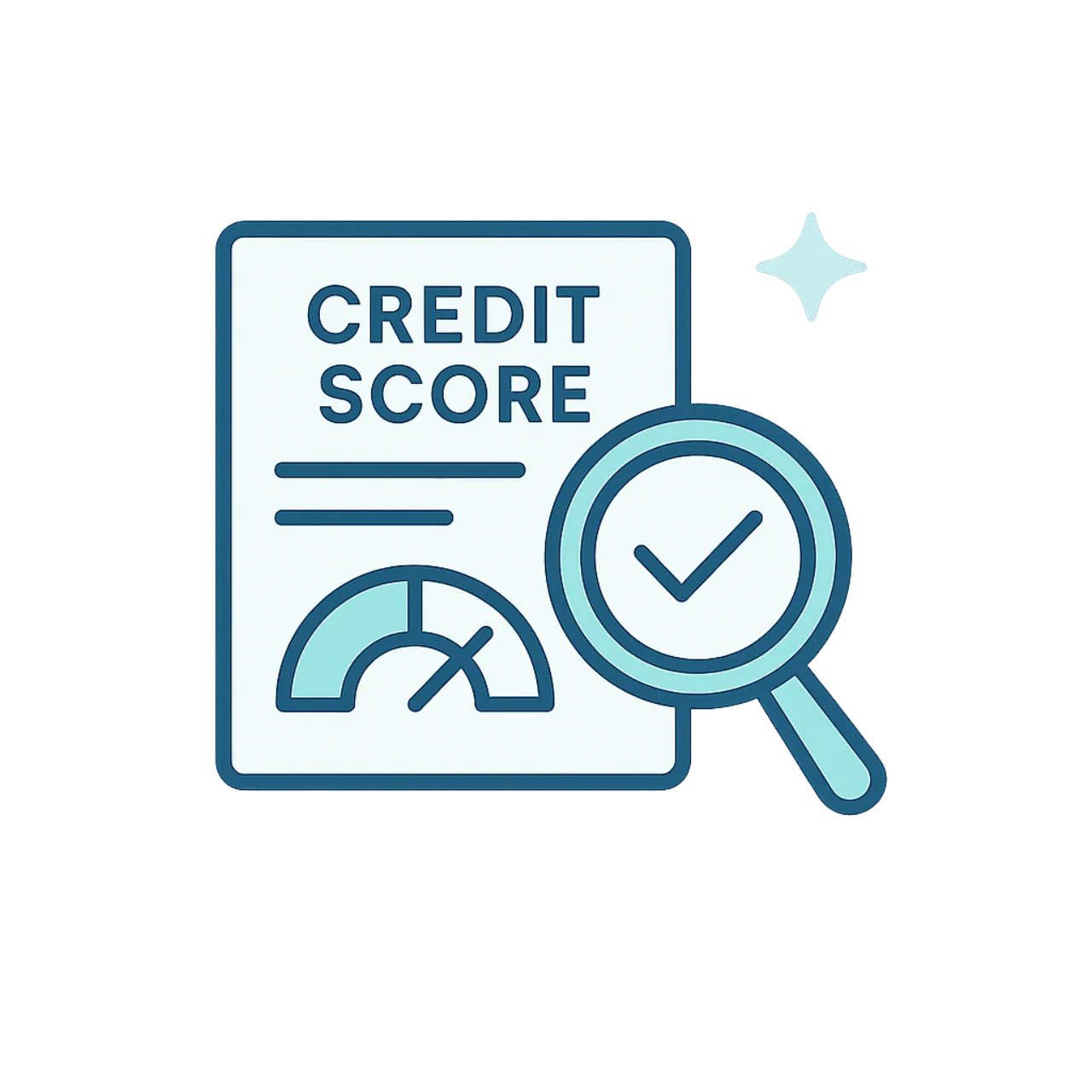
Know your creditworthiness. In Singapore, your credit score is crucial for credit card applications. Obtain your credit report from the Credit Bureau Singapore (CBS) to understand your standing and improve your chances of approval for the best offers.
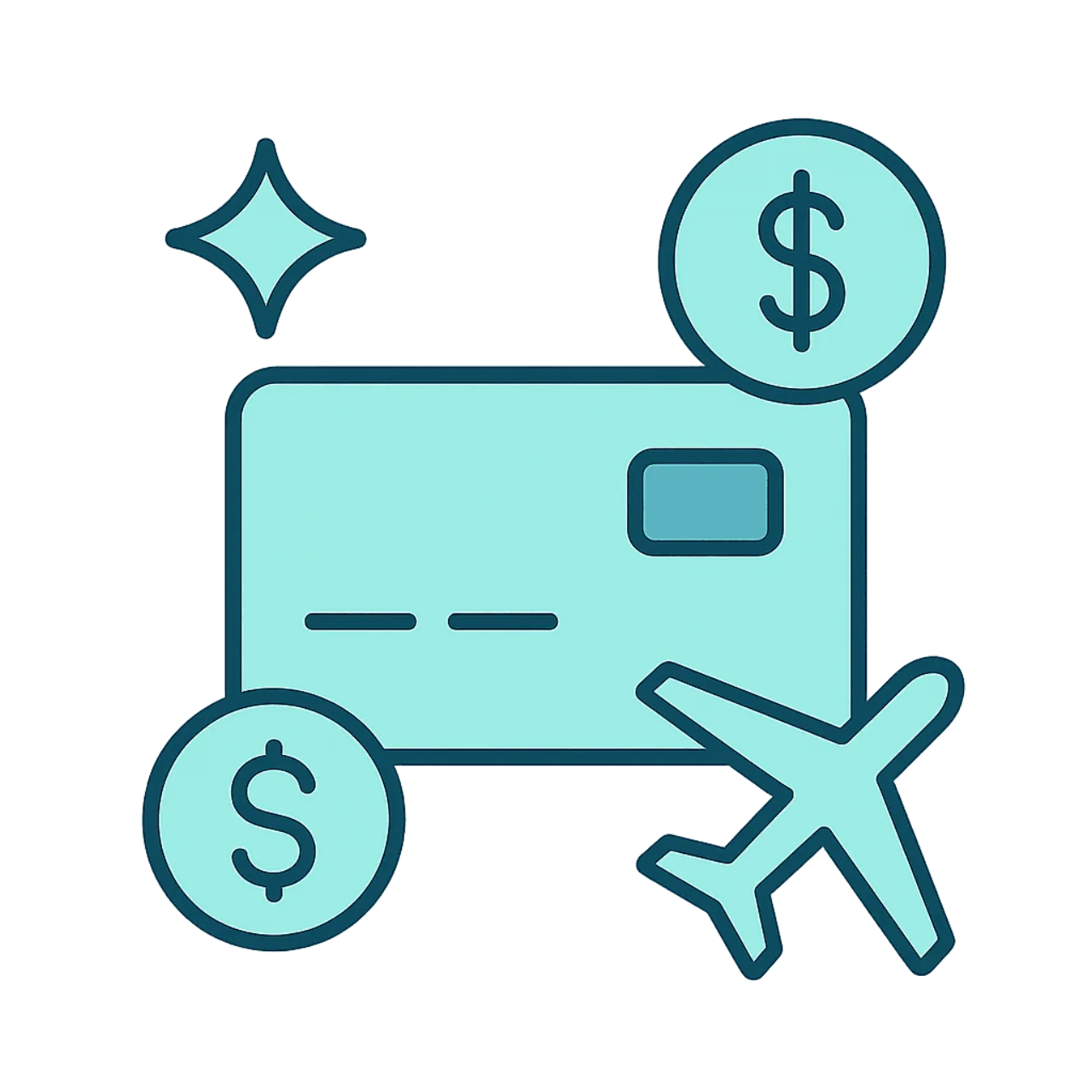
Align your choice with your financial behaviour. If you're a high-spender who pays in full each month, explore rewards cards. If you carry a balance, prioritise interest-saving cards. For those new to credit, opt for credit-building cards.

Use SingSaver's comparison tools to evaluate cards based on your needs. Compare interest rates, fees, rewards, and perks to find the ideal card for your spending habits and financial goals.

Select the card that best suits your requirements and apply securely online through SingSaver. Ensure you meet the eligibility criteria and have the necessary documents ready for a quick and easy application process.
Factors to consider when comparing credit cards
Each credit card comes with its own set of features and benefits, catering to different needs and priorities. Understanding these features and how they align with your spending habits is crucial in finding the right card for you. While some cards offer attractive rewards, they might come with higher interest rates or annual fees. Others may prioritise low interest rates but offer limited perks. Finding the perfect balance depends on your individual requirements and financial goals.
Here are the key factors to consider when comparing credit cards:
Annual fees
While some credit cards come with annual fees, others are free. Weigh the cost of the annual fee against the benefits offered by the card, such as rewards, perks, or introductory offers. If the value you gain from the card outweighs the fee, it might be worth considering. However, if you prefer to avoid annual fees altogether, there are plenty of no-annual-fee credit cards available in Singapore that still offer competitive features.
Other fees to consider:
-
Foreign transaction fees: If you travel frequently or make international purchases, be mindful of foreign transaction fees, which can add up quickly.
-
Balance transfer fees: If you plan to transfer a balance from another credit card, compare balance transfer fees and introductory APR periods to find the most cost-effective option.
-
Cash advance fees: Cash advances typically come with high fees and interest rates, so it's best to avoid them unless necessary.
- Late payment fees: Always pay your credit card bills on time to avoid late payment fees, which can be substantial.
Introductory interest rates
Many credit cards in Singapore offer attractive introductory interest rates on purchases and balance transfers for a limited time. Take advantage of these offers to save on interest charges, especially if you plan to make a large purchase or transfer a balance from a high-interest card. However, remember that these rates are usually temporary, so factor in the ongoing interest rate after the introductory period expires.
Ongoing interest rate
The ongoing interest rate, or APR, is the rate you'll be charged on outstanding balances after any introductory period ends. This rate can vary depending on the card and your creditworthiness. If you tend to carry a balance, look for cards with lower ongoing APRs to minimise interest charges. However, if you consistently pay your balance in full and on time, the ongoing interest rate becomes less of a concern.
Rewards
Credit card rewards programmes allow you to earn cashback, points, or miles on your spending. Evaluate the earn rate, redemption value, and redemption options of different rewards programmes to find one that aligns with your spending habits and preferences. Consider whether you prefer cashback, travel rewards, or other benefits like shopping vouchers or discounts.
Sign-up bonus
Many credit cards offer attractive sign-up bonuses to entice new cardholders. These bonuses can come in cashback, points, miles, or vouchers. Factor in the sign-up bonus when comparing cards, especially if you can easily meet the spending requirements to earn it. However, don't let the sign-up bonus be the sole deciding factor, as the card's long-term value and suitability to your needs are equally important.
Perks
Think of perks as the extra benefits you receive simply for holding a particular credit card. These can significantly enhance your overall experience and provide added value beyond the rewards you earn. Travel-focused cards often offer perks like airport lounge access, travel insurance, and priority boarding. Premium cards may include benefits like concierge services and exclusive event access. Here are some common perks to look out for:
-
Travel benefits: Airport lounge access, complimentary travel insurance, priority boarding, and free checked bags.
-
Lifestyle benefits: Exclusive discounts at partner merchants, concierge services, and access to events.
-
Shopping benefits: Purchase protection, extended warranties, and price protection policies.
- Security benefits: Free credit monitoring, fraud protection, and the ability to lock your card instantly if it's lost or stolen.
Credit-building help
If you're new to credit or working to improve your credit score, consider these factors when choosing a card:
-
Reporting to credit bureaus: Ensure the card reports your payment activity to all three credit bureaus in Singapore (CBS, Experian, and TransUnion) to build a positive credit history.
-
Secured card options: If you have limited or no credit history, a secured credit card that requires a security deposit can be a good starting point.
-
Credit limit increases: Look for cards that offer opportunities to increase your credit limit over time as you demonstrate responsible credit usage.
- Educational resources: Some cards provide access to educational resources and tools to help you learn about credit management and improve your financial literacy.
How many credit cards do you need?
The ideal number of credit cards varies from person to person. It depends on your needs and how well you manage your finances.
-
No set limit: You can have multiple credit cards as long as you manage them responsibly. Each lender evaluates your creditworthiness individually.
- One card is sufficient: You don't need multiple cards for a good credit score. One card used responsibly can build a positive credit history.
Pros of holding multiple credit cards
Maximising rewards
Different cards offer various rewards programmes, such as cashback, air miles, or points, often with bonus rewards for specific spending categories like groceries, petrol, and restaurants. By strategically using different cards, you can optimise your rewards earnings and enjoy greater benefits.
Increased flexibility
Multiple cards provide backup options if one card is lost, stolen, or declined. They also offer greater flexibility when travelling or making purchases from merchants with specific card acceptance networks.
Improved credit utilisation
Spreading your spending across multiple cards can help lower your overall credit utilisation ratio, which is the percentage of available credit you're using. A lower credit utilisation ratio can positively impact your credit score.
Cons of holding multiple credit cards
Difficulty tracking spending
Managing multiple cards can make it challenging to track your overall spending and stay within budget. This can lead to overspending and accumulating debt.
Risk of missed payments
Juggling multiple credit card accounts with different due dates increases the risk of missing payments, which can result in late payment fees and negatively affect your credit score.
Frequently asked questions about best credit cards
-
Rewards cards: These offer cashback, miles, or points for your spending, making them suitable for those who spend regularly and pay their balances in full.
-
Interest-saving cards: These come with low interest rates or balance transfer options, ideal for those who carry a balance or need to manage debt. Some also offer zero percent introductory periods for balance transfers or purchases.
-
Credit-building cards: These are designed for individuals with limited or no credit history, helping them establish a credit score.
There's no one-size-fits-all answer regarding the "best" credit card in Singapore. The ideal choice depends on your individual spending habits, financial goals, and credit profile.
Consider your needs and compare features to find the best fit.
Generally, secured credit cards are easier to obtain in Singapore, especially for those with limited or no credit history. These cards require a security deposit that serves as collateral, reducing the risk for the issuer. Some banks also offer credit cards specifically designed for students or individuals with no credit history.
Choosing the "best" credit card company is subjective and depends on individual preferences and experiences. Different companies excel in different areas, such as customer service, rewards programmes, or fees. For example, American Express is often recognised for its strong customer service and premium travel rewards. Research and compare various companies to find one that aligns with your needs and priorities. You can also read online reviews and compare credit card offers to gain insights into different companies' strengths and weaknesses.

